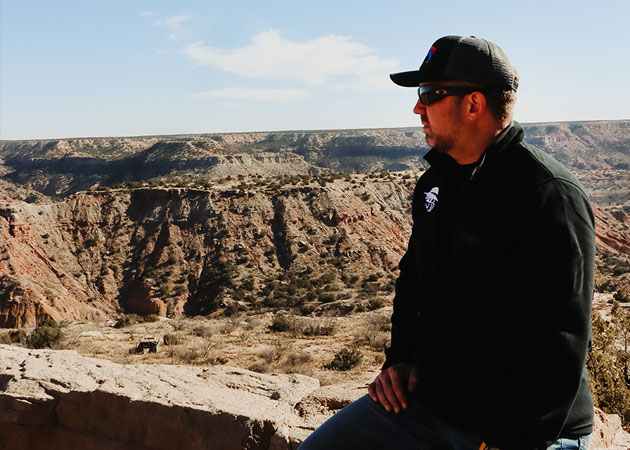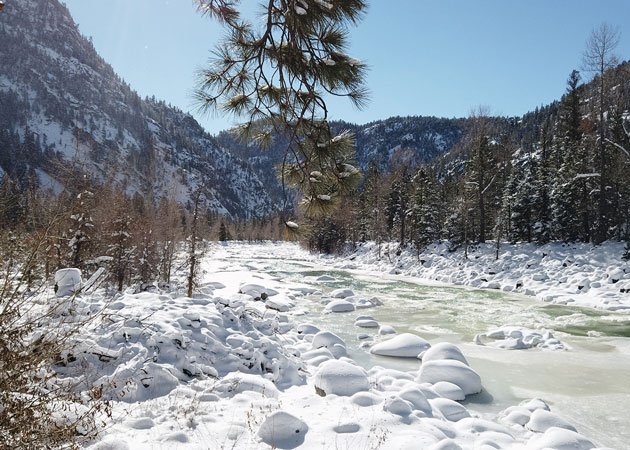Own Land for Less in Texas
One of the fundamental keys to the American dream has long been land ownership. By staking out a claim to a tract of land, an individual has the opportunity to live how he or she deems fit. Throughout the past 100 years, though, there has been a shift in political currents that threatens to undermine individual liberty and derail some aspects of that American dream.
Through rising property taxes, increased regulations, and government intrusion into personal lives, including what one can or can’t do on their own land, it is creating significant challenges for freedom loving Americans to determine where they go in the future. The Lone Star State — Texas — has always been, at its most essential core, a beacon of liberty, even long before it joined the Union.
Today, the Lone Star State continues to shine as a beacon of freedom and provides would-be homeowners and land owners great appeal for a number of reasons.
The Growing Influx to the State
Texas is attracting freedom loving men and women from all over the country in droves. A combination of political climate, low taxes, and relatively inexpensive property rates offer great appeal for those who want to grab their portion of the American dream.
In just 12 short years, more than 1 million people moved to Texas from other states. It sits as the number one destination for families and individuals emigrating from other states throughout the country.
Relatively Inexpensive Land
In Texas, property values are still considered low, especially in more rural regions. While incomes are failing to keep up with the rising cost of living in many other states, the widening gap has not been nearly as significant within this state, which has helped promote land and property ownership in Texas.
Even in metropolitan regions such as Houston, typical home prices are a fraction of what one might find in any of the five boroughs of New York City.
Moving to a rural region of Texas and one can snatch up dozens or even hundreds of acres of prime ranch land or farmland for what a small parcel (perhaps an acre or even quarter of an acre) would cost in and around New York, Boston, or even Los Angeles and San Francisco.
Income Tax
On average, the state of Texas collects approximately $3,500 in taxes from each resident overall. Compare that to nearly $5,000 in California and $7,400 in New York (2012 numbers, Time), and it quickly becomes apparent that cost of living is significantly lower in the Lone Star State than most everywhere else.
With a rapid increase in tax rates, tax burdens, and new taxes in California, New York, Illinois, Florida, Connecticut, New Jersey, and more than a dozen of other states, Texas remains one of the few that has refused to increase tax rates on its residents repeatedly.
Going Smaller
While traditionally the old motto has been, ‘Everything’s bigger in Texas,’ things are shifting for some. More people are turning to options like ‘living off the grid,’ which essentially means relying on the land, working the soil, and being self-sustaining as well as downsizing.
Micro-houses, or smaller abodes, are becoming more popular among a growing generation of people who simply want to live simpler lives with more freedom intact.
Overall, the true value of land ownership in the Lone Star State stretches far beyond monetary numbers. It’s about freedom, the exercise of liberty, and having a realistic and reasonable opportunity to continue pursuing a long enduring American dream that may very well be rapidly eroding in more expensive states.


